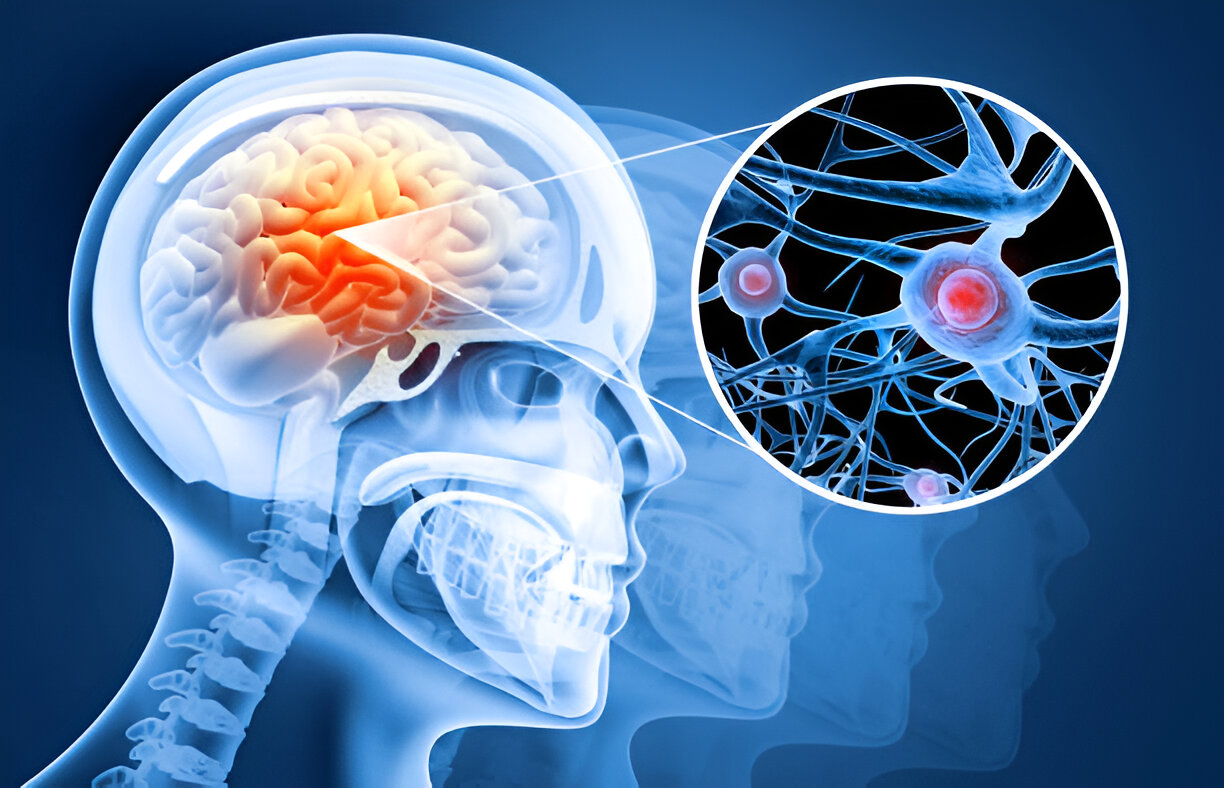-
Brain & Spine Clinic Zobra Canal Road Near SCB Medical college Cuttack
-
SUM Hospital, K8 Kalinga Nagar, Kalinganagar, Bhubaneswar, Odisha
-
srikantswainvss@gmail.com

The Role of Diet and Exercise in Managing Neurological Conditions
The brain is the most complex organ in the human body, and just like the heart or muscles, it thrives on proper nourishment and regular physical activity. While medication and therapy are critical components in treating neurological conditions, diet and exercise play a powerful supportive role in managing symptoms, improving quality of life, and even slowing disease progression.
Why Lifestyle Matters in Neurological Health
Neurological conditions such as epilepsy, Parkinson’s disease, multiple sclerosis (MS), Alzheimer’s disease, stroke, and neuropathy affect millions worldwide. These disorders often come with symptoms like fatigue, poor coordination, memory loss, mood disturbances, and mobility issues. Though these conditions can be chronic and progressive, a balanced lifestyle especially diet and exercise, can enhance brain function and overall well-being.
The Power of Nutrition
A brain-healthy diet provides the necessary vitamins, minerals, and antioxidants to protect and support neurons.
Key dietary guidelines for neurological health:
· Eat more omega-3 fatty acids: These are found in fish like salmon, flaxseeds, and walnuts, and omega-3s are known to support cognitive function and reduce inflammation in the brain.
· Limit processed foods and sugars: These contribute to oxidative stress, which can worsen neurological symptoms.
· Focus on whole foods: Fruits, vegetables, whole grains, and legumes are rich in fiber and antioxidants that support brain health.
· Stay hydrated: Even mild dehydration can affect concentration and mood.
· Consider brain-friendly diets: The Mediterranean and MIND diets are specifically designed to reduce the risk of cognitive decline.
In certain cases, like epilepsy, specific diets like the ketogenic diet are used therapeutically under medical supervision to reduce seizures.
How Exercise Helps the Brain
Exercise isn’t just good for the body, it’s essential for brain health. Regular physical activity increases blood flow to the brain, supports the growth of new neurons, and improves the function of neurotransmitters like serotonin and dopamine.
Benefits of exercise in neurological conditions:
- Improves balance and coordination – critical for people with Parkinson’s or MS
- Enhances cognitive function – especially in those at risk of dementia or Alzheimer’s
- Boosts mood – reducing symptoms of depression and anxiety commonly associated with neurological disorders
- Helps manage fatigue – a frequent complaint in conditions like MS
- Promotes better sleep – essential for neurological recovery
Even low-impact activities like yoga, tai chi, walking, or swimming can have significant benefits.
A Holistic Approach
The synergy between diet, exercise, and medical care is crucial. A personalized wellness plan designed by a neurologist, dietitian, and physiotherapist can make a tremendous difference in symptom management.
Patients are encouraged to:
- Follow a consistent daily routine
- Avoid smoking and excessive alcohol
- Manage stress through mindfulness or therapy
- Track symptoms and dietary habits
Conclusion
While we can’t always prevent neurological diseases, we can certainly influence how we live with them. A nutrient-rich diet and regular physical activity improve physical health and empower the brain to function at its best.
Always consult your neurologist before making major dietary or fitness changes, especially if you have an existing condition. The road to better neurological health starts with small, consistent steps.
